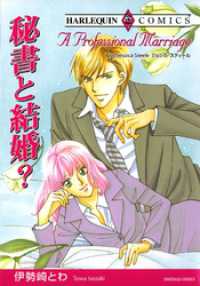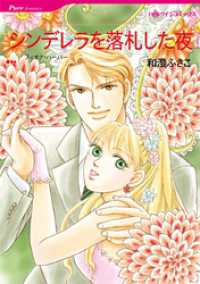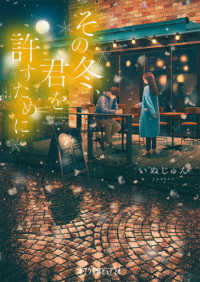Description
(Text)
History isn't what happened. History is just what historians tell us ... One good story leads to another. First it was kings and archbishops with some offstage divine tinkering, then it was the march of ideas and the movements of masses, then little local events which means something bigger, but all the time it's connections, progress, meaning, this led to this, this happened because of this ... The history of the world? Just voices echoing in the dark; images that burn for a few centuries and then fade; stories, old stories that sometimes seem to overlap; strange links, impertinent connections. (Julian Barnes)Postcolonial literature has emerged from such a critique of the patterns, strategies and narrative conventions by which history has been written. Many of the most powerful postcolonial books therefore set out to explore counter-histories, i.e., different versions of the familiar but often repressive ways in which foundational stories are told and perpetuated. This poses a fundamental problem: how can a history of postcolonial literature proceed without itself erasing counter-versions and thus repressing the critical power that should be acknowledged? The twelve chapters in this book all address this problem through thematic, theory-informed and critically focussed readings of central novels - Things Fall Apart, Nervous Conditions, The Uncle's Story, True History of the Kelly Gang, The Moor's Last Sigh, The Impressionist, The Lonely Londoners, The Buddha of Suburbia, Small Island, Trumpet, The Robber Bride, The English Patient -, so as to reveal the choices we make when reading, writing or revising history and when declaring cultural products to be central.
(Text)
"History isn't what happened. History is just what historians tell us ... One good story leads to another. First it was kings and archbishops with some offstage divine tinkering, then it was the march of ideas and the movements of masses, then little local events which means something bigger, but all the time it's connections, progress, meaning, this led to this, this happened because of this ... The history of the world? Just voices echoing in the dark; images that burn for a few centuries and then fade; stories, old stories that sometimes seem to overlap; strange links, impertinent connections." (Julian Barnes)Postcolonial literature has emerged from such a critique of the patterns, strategies and narrative conventions by which history has been written. Many of the most powerful postcolonial books therefore set out to explore counter-histories, i.e., different versions of the familiar but often repressive ways in which foundational stories are told and perpetuated. This poses afundamental problem: how can a history of postcolonial literature proceed without itself erasing counter-versions and thus repressing the critical power that should be acknowledged? The twelve chapters in this book all address this problem through thematic, theory-informed and critically focussed readings of central novels - Things Fall Apart, Nervous Conditions, The Uncle's Story, True History of the Kelly Gang, The Moor's Last Sigh, The Impressionist, The Lonely Londoners, The Buddha of Suburbia, Small Island, Trumpet, The Robber Bride, The English Patient -, so as to reveal the choices we make when reading, writing or revising history and when declaring cultural products to be central.








